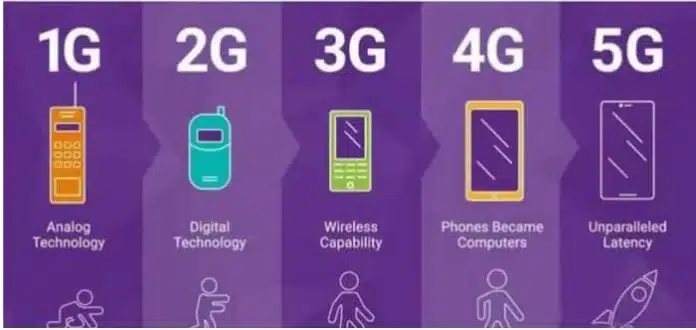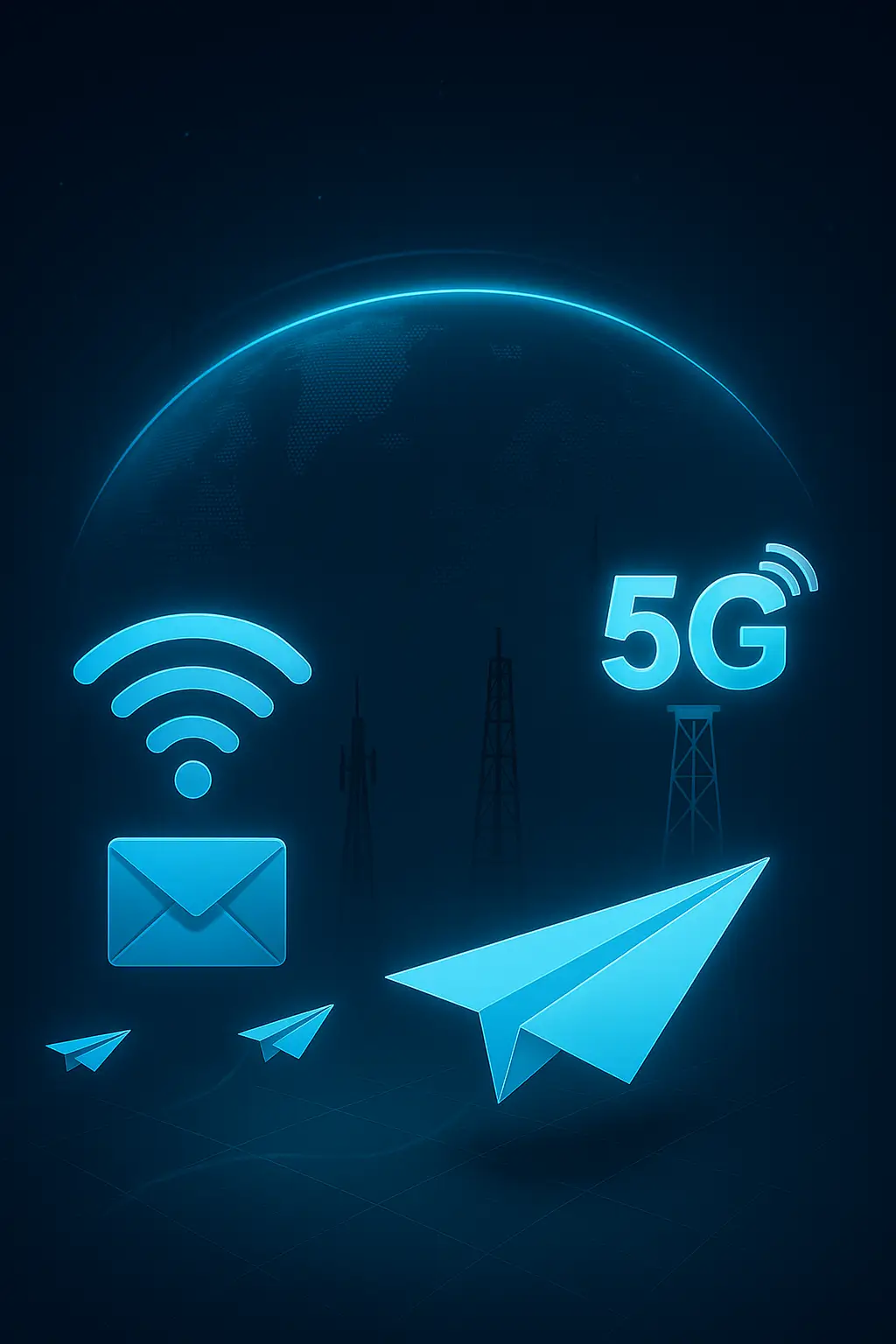Mobile communication has evolved dramatically over the past few decades, revolutionizing the way we connect and interact. From the bulky mobile phones of the 1980s to today’s sleek smartphones powered by lightning-fast 5G networks, this transformation has shaped the modern world. In this article, we’ll explore the evolution of mobile networks, from 1G to 5G, and how each generation has improved communication and connectivity.
1G: The Birth of Mobile Communication
The journey of mobile communication began in the 1980s with the launch of 1G networks. These first-generation networks relied on analog technology and were primarily designed for voice calls. Examples include:
- AMPS (Advanced Mobile Phone System) in the United States.
- NMT (Nordic Mobile Telephone) in Europe.
While groundbreaking at the time, 1G networks had significant limitations:
- Poor call quality: Analog signals were prone to interference.
- Limited capacity: Networks struggled to handle large numbers of users.
- Lack of security: Calls were vulnerable to eavesdropping.
Despite these drawbacks, 1G laid the foundation for future advancements in mobile communication.
2G: The Advent of Digital Communication
In the 1990s, 2G networks brought a significant shift from analog to digital technology. This second generation introduced several improvements, such as:
- Enhanced efficiency: Digital transmission supported more users with better call quality.
- Text messaging (SMS): For the first time, users could send short text messages, revolutionizing personal communication.
- Smaller, affordable phones: Advancements in hardware made mobile devices accessible to more people.
Standards like GSM became global, while D-AMPS, cdmaOne, and PDC catered to regional markets. These advancements made mobile phones a mainstream necessity.
3G: The Era of Mobile Internet
The introduction of 3G networks in the 2000s marked the beginning of mobile internet. With faster data speeds, 3G enabled:
- Web browsing and email access.
- Multimedia streaming on mobile devices.
- Early video calling, though limited by high costs and poor video quality.
The rise of smartphones and app stores during this period transformed mobile phones into versatile tools, paving the way for the app-driven culture we know today.
4G: The Age of Mobile Broadband
By 2010, 4G networks revolutionized mobile connectivity by delivering high-speed internet and low latency. Key features of 4G include:
- Seamless video streaming: Real-time video calls and HD streaming became mainstream.
- Online gaming: Faster data speeds made mobile gaming more immersive.
- IoT applications: 4G enabled smart homes, wearables, and other IoT devices.
The explosion of mobile apps during this era reshaped industries, from social media to e-commerce, making 4G an essential enabler of modern life.
5G: Beyond Speed
5G is the latest generation of mobile communication, offering not just faster internet speeds but a host of new capabilities:
- Massive IoT connectivity: 5G supports smart cities, autonomous vehicles, and interconnected devices.
- Ultra-low latency: This feature is critical for mission-critical applications like remote surgery and industrial automation.
- Enhanced AR/VR experiences: 5G powers immersive applications for entertainment, education, and beyond.
- Energy efficiency: 5G networks are more sustainable, aligning with global environmental goals.
With ongoing 5G rollouts worldwide, industries like healthcare, manufacturing, and transportation are leveraging this technology to innovate and thrive.
5G Telecom Training with 5GWorldPro
Looking to deepen your knowledge of 5G technology? 5GWorldPro offers a comprehensive library of telecom training courses, including a wide range of 5G training programs. Our courses cover cutting-edge topics such as 5G NR Advanced, Massive MIMO, Open RAN, and 5G and Satellite Integration, designed for professionals and enthusiasts alike.
With our 5G Training Packages, you gain access to both live and recorded courses, complete with demonstrations and supporting courseware. Whether you’re a beginner or an advanced learner, our flexible learning approach allows you to study at your own pace and build expertise in the areas that matter most to you.
Conclusion: From 1G to 5G – A Connected Future
The evolution of mobile communication, from 1G to 5G, has transformed the way we live and work. Each generation introduced new features and capabilities, from basic voice calls to a fully connected ecosystem of devices and applications. While 5G brings faster speeds, its true value lies in enabling smart cities, mission-critical technologies, and sustainable innovation. As we move forward, mobile communication will continue to shape a more connected and efficient world.
Benefit from Massive discount on our 5G Training with 5WorldPro.com
Start your 5G journey and obtain 5G certification
contact us: contact@5GWorldPro.com


